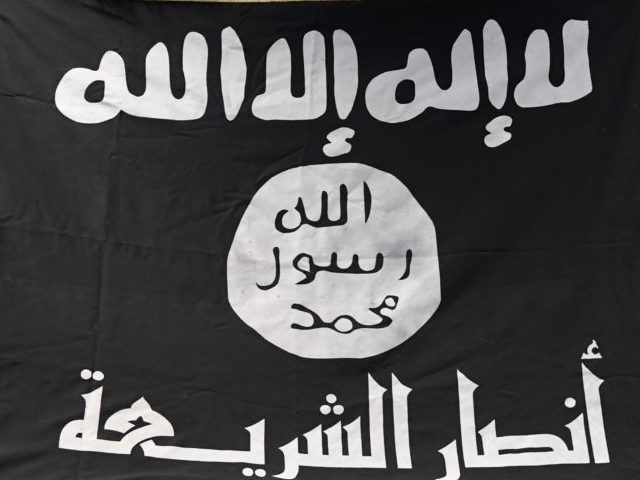Al-Qaeda remains “remarkably resilient,” maintaining its status as the “dominant terror threat” in some regions in the Middle East and Africa where its alleged rival the Islamic State (ISIS/ISIL) is also known to operate, the United Nations reportedly found.
Jihadists from al-Qaeda have capitalized on the U.S.-led coalition’s virtually single-minded focus to annihilate ISIS to establish dominance in various regions, notably Syria, where several assessments show al-Qaeda is stronger than anywhere else in the world.
The global group’s Syria branch “remains one of the strongest and largest Al-Qaeda affiliates globally,” with its jihadists “using threats, violence and material incentives” to absorb smaller terrorist groups, potentially including ISIS, indicated a report prepared by some member-states for the U.N. Security Council, according to the Agence-France Presse (AFP) news agency.
AFP estimated that there are “between 7,000 and 11,000” al-Qaeda terrorists in Syria, including “several thousand foreigners.”
The lower end of the estimate nearly doubles the “up to four thousand” jihadis that the U.S. Department of State estimates are fighting on behalf of al-Qaeda in Yemen.
For years, U.S. officials considered the Yemen-based al-Qaeda in the Arabian Peninsula (AQAP) to be the global group’s “most potent” branch.
However, State and AFP estimates suggest al-Qaeda is stronger in Syria than anywhere else in the world.
Echoing other analysts, the U.N. cautioned that a potential merger between groups linked to al-Qaeda and ISIS “could be a new threat.”
The U.N. also warned that ISIS remains intent on regaining a foothold in Libya after U.S.-backed local forces pushed the jihadist group out of the African country’s coastal city of Sirte, once considered the Islamic State’s most significant stronghold, second only to its self-declared caliphate in Iraq and Syria.
“Member-states assessed that there is a potential for the transfer of leaders from ISIL in Libya to other conflict zones in West Africa and the Sahel region, including Mali,” further said the report.
Jihadists from the ISIS-linked “Boko Haram, which has expanded its reach from northern Nigeria, are maintaining small cells in Libya who could then move on to other regional countries,” pointed out the U.N.
Al-Qaeda has also established a significant presence in the West Africa-Sahel region, including Mali.
ISIS lost the vast majority of its so-called caliphate in Syria and Iraq last year, but Al-Qaeda “remained remarkably resilient,” declared the U.N.
The report said the AQAP served as the communication hub for the all of the group’s various branches.
“Al-Qaeda affiliates remain the dominant terror threat in some regions, such as Somalia and Yemen, a fact demonstrated by a continuous stream of attacks and foiled operations,” noted the U.N. report.
Last year, the State Department listed al-Qaeda’s Somalia-wing al-Shabaab as one of the top five deadliest terrorist groups in the world, noting that it killed 740 people and injured 921 others in 2016.
While Islamic State affiliates in West Africa and South Asia “currently remain unable to reach a dominant position,” al-Qaeda-linked groups are thriving and posing “as serious a threat as ISIL.”
In September 2017, Breitbart News determined that al-Qaeda had grown stronger in Afghanistan despite the remarkable U.S. resources devoted to its defeat since the jihadists carried out the 9/11 attacks.
Although experts now believe al-Qaeda is more potent in Syria than in any other country, Afghanistan remains an important place of operations for the terrorist organization, Katherine Zimmerman from the American Enterprise Institute (AEI) told U.S. lawmakers in July 2017.
The U.N. and other analysts have noted that al-Qaeda may end up capturing and incorporating the remnants of ISIS fighters and capabilities in some regions into its organization.
“ISIS has strengthened al Qaeda,” said Zimmerman, adding, “Should ISIS’s global network collapse, al Qaeda will be able to capture the remnants and incorporate ISIS’s capabilities into its own organization.”

COMMENTS
Please let us know if you're having issues with commenting.